You have not yet added any article to your bookmarks!

Join 10k+ people to get notified about new posts, news and tips.
Do not worry we don't spam!

Post by : Anis Farhan
Cricket fans across Asia have a new talking point as leadership dynamics in the Asia Cup 2025 take an unexpected yet strategic turn. Pakistan’s cricket board has officially announced Babar Azam as the vice-captain for the upcoming tournament, a decision that brings both intrigue and excitement. At the same time, Hong Kong has created headlines by appointing Yasim Murtaza, a Pakistani-born cricketer, as its captain for the marquee event. These developments reflect the evolving nature of international cricket, where strategy, player performance, and cross-border talent are shaping new narratives.
For years, Babar Azam has been the poster boy of Pakistan cricket, leading the team with consistency and calm under pressure. His demotion from captaincy earlier this year sparked debates, with critics questioning whether Pakistan was entering a phase of instability. However, the decision to appoint him as vice-captain signals that the management still values his leadership qualities, batting prowess, and ability to anchor innings under challenging conditions.
The move is also seen as a strategic balance. By giving Babar a supporting role instead of complete leadership responsibility, the team management allows him to focus more on his batting while guiding younger players. Pakistan’s selectors have often emphasized the importance of easing leadership pressure on key players, and this shift aligns perfectly with that philosophy.
Equally intriguing is Hong Kong’s announcement of Yasim Murtaza as their skipper. The left-handed all-rounder, originally from Pakistan, has been a vital cog in Hong Kong’s cricketing structure for years. His appointment reflects the country’s confidence in experienced campaigners who can lead from the front in high-pressure tournaments.
Hong Kong, often viewed as an underdog in the Asia Cup, is determined to make an impact this year. By selecting a captain with international exposure and deep cricketing roots, the team aims to combine resilience with aggressive intent. This decision could also be a nod to the increasing number of migrant players shaping cricketing ecosystems in smaller nations, adding layers of diversity and competitiveness to regional tournaments.
The Asia Cup is more than just a regional competition—it is a testing ground for strategies ahead of major ICC tournaments. For Pakistan, the focus this time is on stability. The team features a balanced blend of seasoned players like Shaheen Afridi, Mohammad Rizwan, and now vice-captain Babar Azam, alongside emerging stars ready to prove their mettle.
Pakistan’s think tank seems committed to fostering an environment where senior players guide younger talent without burdening them with excessive expectations. Babar’s shift to vice-captaincy plays into this approach, allowing the designated captain to lead with authority while tapping into Babar’s wealth of experience during crucial moments.
The decisions by Pakistan and Hong Kong underscore a broader trend in Asian cricket: leadership roles are becoming more fluid. Teams are moving away from rigid structures to more dynamic systems where responsibilities can be shared. This flexibility ensures that leadership pressure does not derail a player’s performance, while creating room for fresh strategies.
Other Asian nations are also experimenting with similar models. India has adopted rotational leadership for different formats, while Sri Lanka and Bangladesh have focused on grooming next-generation captains. Such changes reflect the sport’s adaptive nature, responding to packed schedules, mental health concerns, and the need for strategic depth.
Hong Kong’s cricket board has made its intentions clear: they are not in the tournament to merely fill fixtures. With Yasim Murtaza at the helm, the team is preparing to challenge established sides through sharp fielding, aggressive batting in powerplays, and smart bowling variations. Their recent domestic performances indicate a side that is hungry to step beyond its traditional underdog status.
The appointment of a Pakistani-born captain also sends a strong signal about the globalized nature of cricket. As more players from South Asia migrate and represent associate nations, tournaments like the Asia Cup become melting pots of cultures, talent, and strategies, enriching the sport’s competitive spirit.
Cricket Twitter and Instagram were abuzz the moment these leadership updates broke. Pakistani fans expressed mixed emotions—some thrilled to see Babar retain a leadership role, others lamenting his removal as captain. Memes and heartfelt posts flooded timelines, proving once again that cricket in Asia is not just a sport but an emotion.
In Hong Kong, the announcement sparked optimism among fans who see Murtaza as a figure capable of inspiring belief in their national team. Many believe his experience in international leagues will be crucial in steering the squad through challenging group stages.
With these leadership changes, the Asia Cup 2025 promises high-voltage drama. Pakistan, seeking redemption after an inconsistent run in recent ICC events, will bank on stability and experienced hands. Meanwhile, Hong Kong aims to punch above its weight and deliver a few surprises that could redefine the narrative of associate nations in big-ticket tournaments.
The group-stage fixtures already carry enough excitement, but these developments add a strategic layer that analysts and fans alike will watch closely. Leadership, after all, is not just about titles—it’s about influence, decision-making under fire, and the ability to inspire a team when the odds are stacked against them.
Beyond tactics and titles, these leadership choices remind us of cricket’s unique role as a cultural bridge in Asia. From Pakistan to Hong Kong, the sport transcends borders, creating shared moments of triumph, heartbreak, and resilience. As Babar Azam and Yasim Murtaza take on their respective responsibilities, one thing is certain—the Asia Cup 2025 will not just be about runs and wickets; it will be about the evolving identity of Asian cricket.
The information provided in this article is based on current reports, team announcements, and publicly available sources at the time of writing. While every effort has been made to ensure accuracy, schedules, player roles, and tournament details are subject to change by official cricket boards or event organizers. Readers are advised to follow official channels for the latest updates.
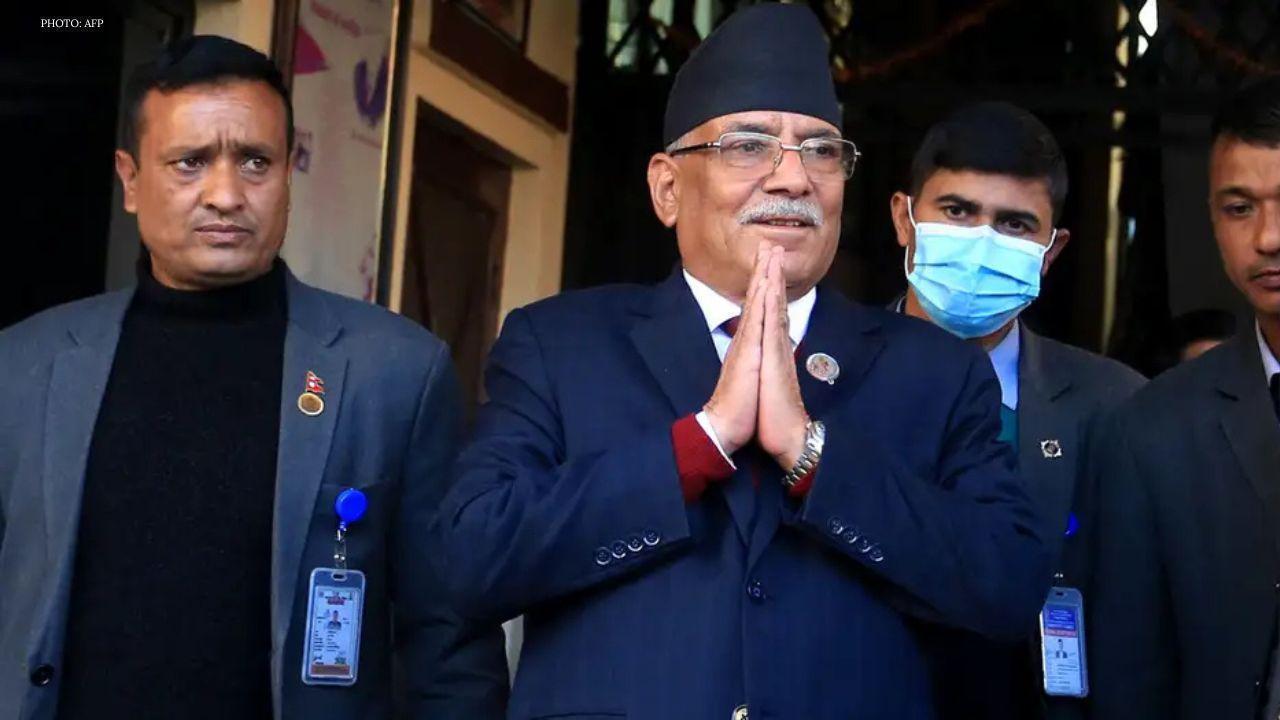





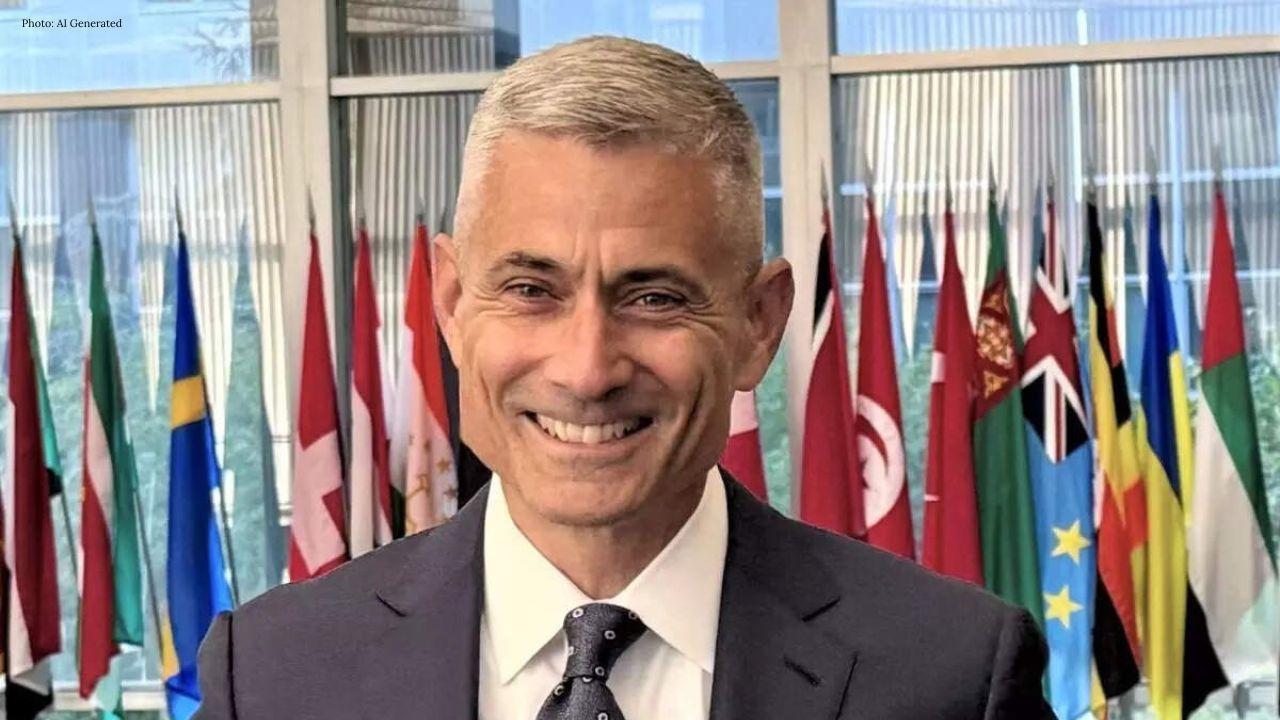



Bangladesh Government Declares Seven-Day Eid-ul-Fitr Holiday
Extra public holiday on 18 March approved by cabinet to create week-long break from 17–23 March
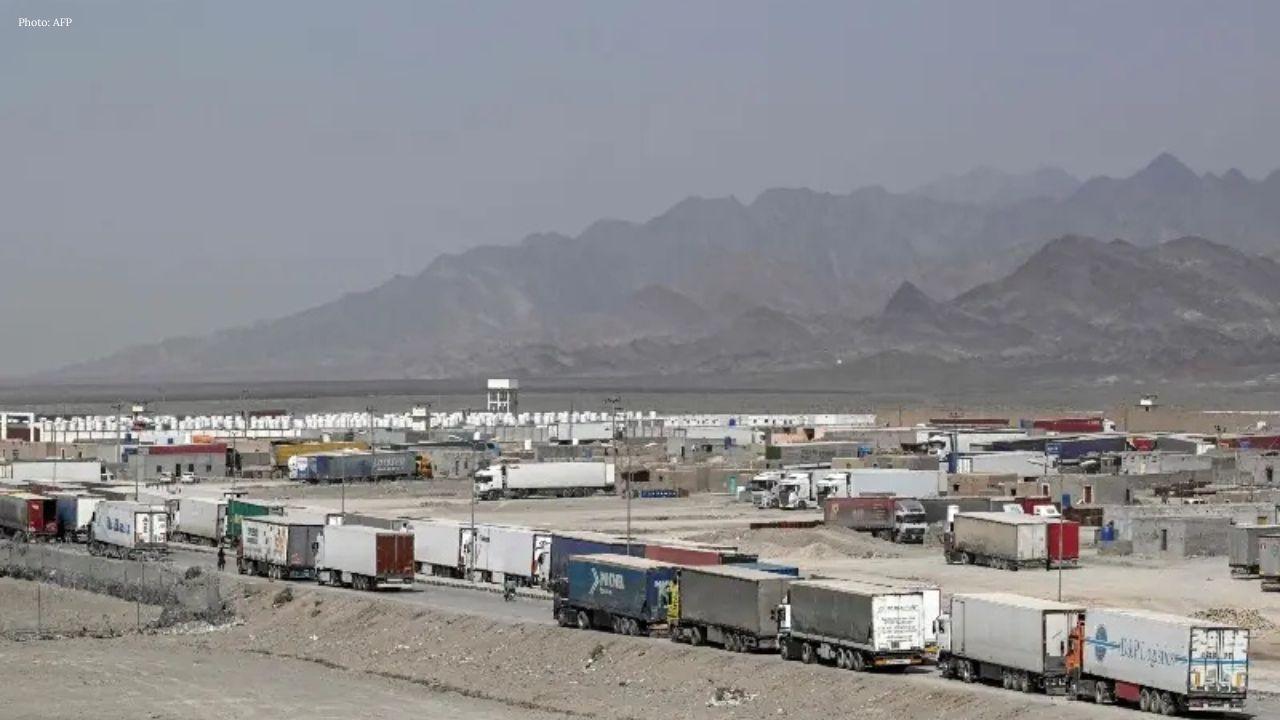
Pakistanis Return Home via Taftan Border
Hundreds cross from Iran into Balochistan as US-Israel strikes intensify FIA ensures 24-hour immigra

US-Based Japanese Doctor Arrested Over Shrine Vandalism
Masahide Kanayama extradited to Japan, accused of defacing Katori Shrine in Chiba with oily liquid i
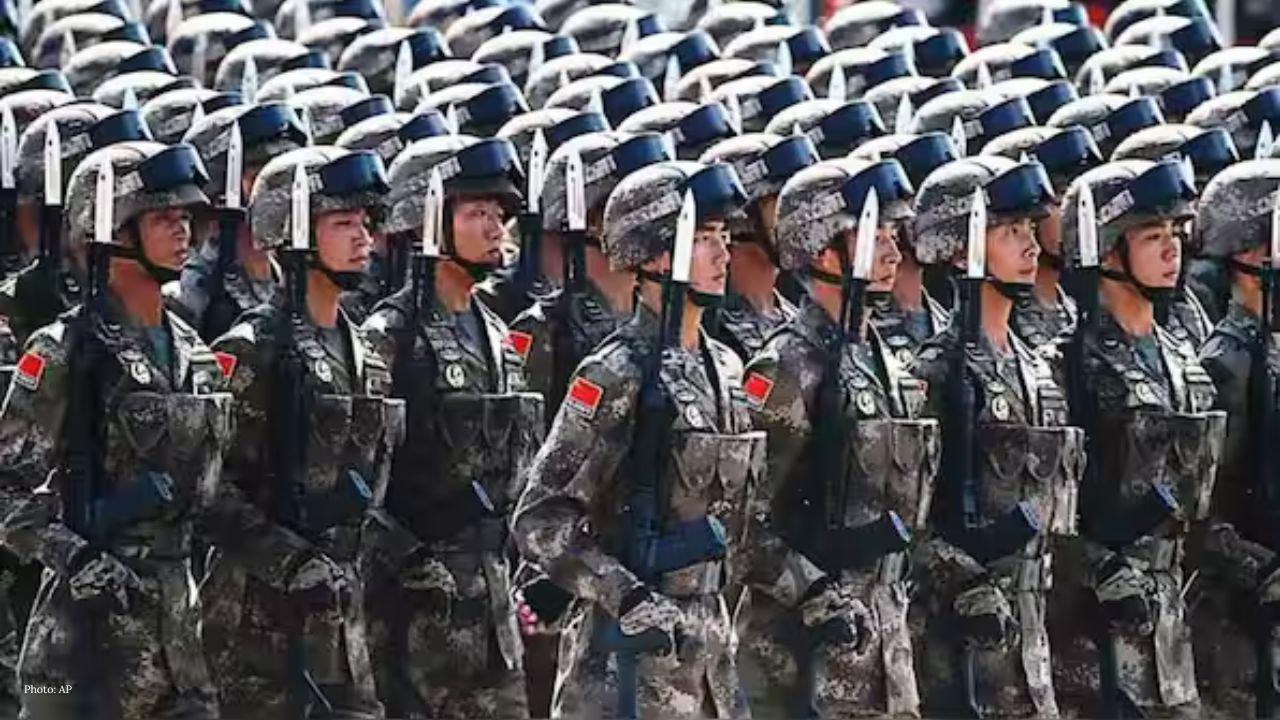
China to Raise Defence Budget by 7% in 2026 Amid Global Tensions
Beijing proposes a 1.91 trillion yuan defence budget for 2026, marking 11th straight year of single-
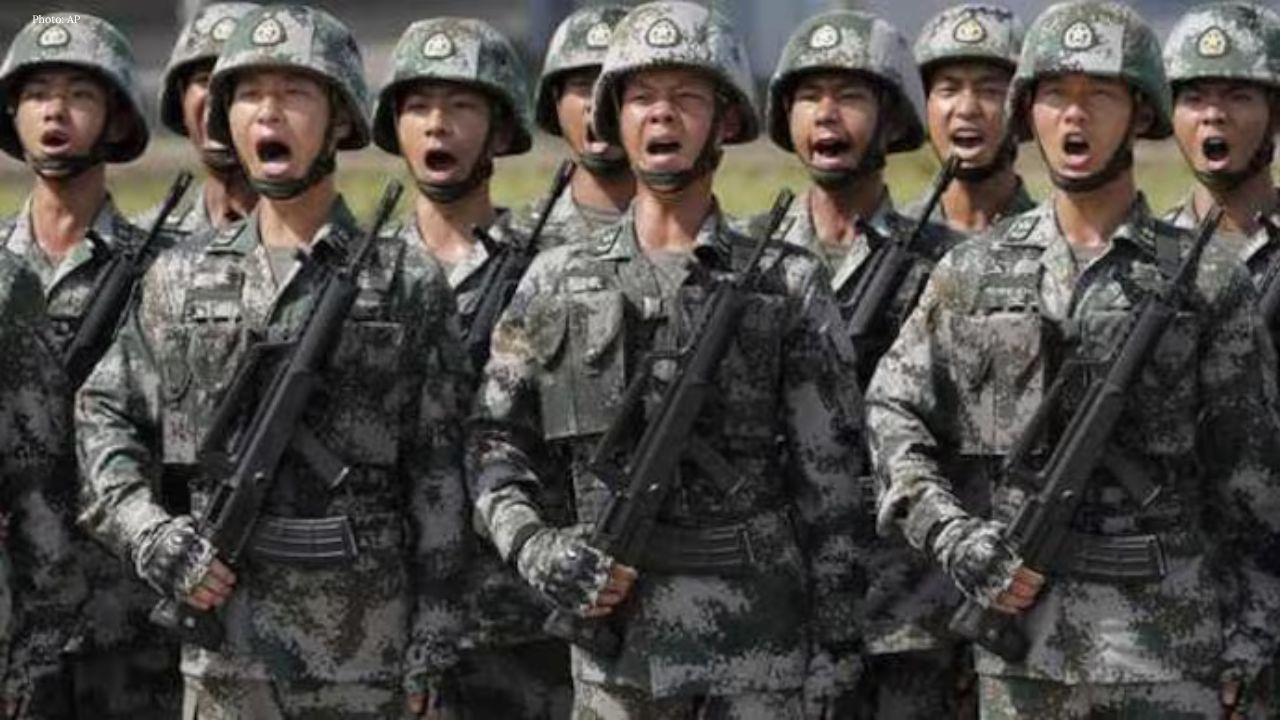
China Ousts Three Retired Generals from Top Political Advisory Body
CPPCC ousts retired PLA generals ahead of annual Two Sessions as broader anti‑corruption military sh

Japan Jobless Rate Rises to 2.7%
Japan sees first increase in jobless rate in five months as voluntary quits rise and job openings sl